Zinc is an essential micronutrient, even though its content in the body is low. Zinc has a health-promoting effect on the body by performing several vital functions. It also influences enzymes, nutrient metabolism, and cell division processes. Zinc requirements depend on several factors, such as lifestyle; women, men, and children need different amounts.
The level of zinc in the body can be checked through diagnostic tests. Zinc deficiencies are rare in healthy individuals, but they are possible due to an inadequate diet or other factors that expose one to too little zinc.
Many factors can contribute to insufficient absorption of the micronutrient. Zinc deficiencies most often occur with various diseases. At the same time, a deficiency increases the risk of other diseases. Zinc deficiency can cause various symptoms. However, not only a zinc deficiency in the body causes adverse effects. An excess can also be harmful, most often due to improper supplementation. Zinc is a micronutrient widespread in food and can be found in various products. Find out more about zinc.
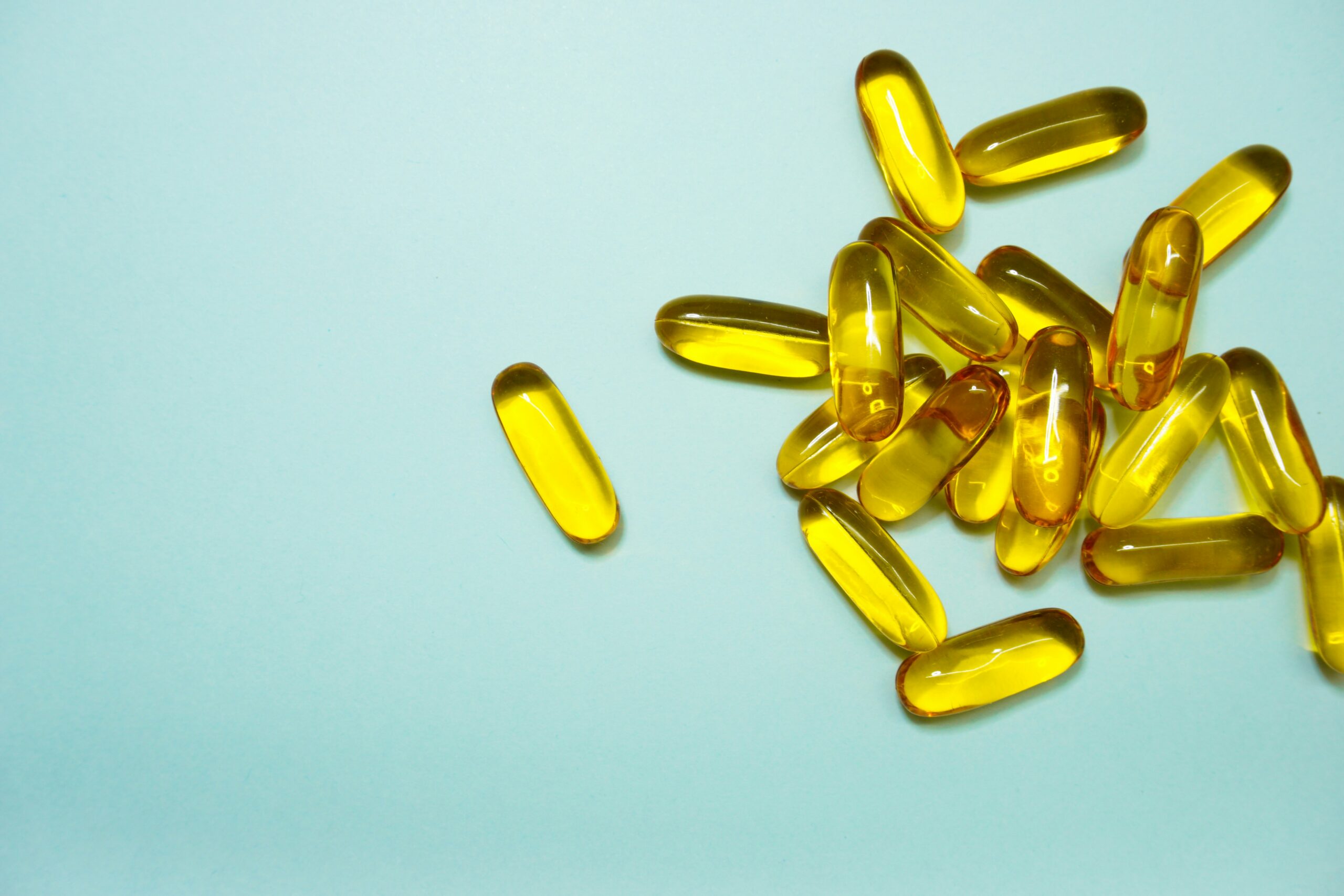
Zinc is of great importance to humans and is used to improve health. In 1961![]() , it was established that zinc is essential for humans. Since then, researchers have been interested in its biochemical and physiological functions. Consuming zinc in the diet may reduce the risk of certain diseases. Zinc supplementation may also be beneficial, although the possibility of side effects has been pointed out.
, it was established that zinc is essential for humans. Since then, researchers have been interested in its biochemical and physiological functions. Consuming zinc in the diet may reduce the risk of certain diseases. Zinc supplementation may also be beneficial, although the possibility of side effects has been pointed out.
Zinc functions include:
Zinc is a vital enzyme catalyst, being part of the molecules of hundreds of different enzymes. The element is involved in synthesizing haem, insulin, and aromatase. The enzymes are responsible for reactions to break down complex substances into simpler ones. Enzymes activated by zinc metabolize carbohydrates, lipids, proteins, nucleic acids, and vitamin A. These reactions are significant, even at a fundamental level of organismal complexity. Essential is the metabolism of proteins, including albumin![]() and transferrin
and transferrin![]() . Serum zinc is, therefore, important for maintaining homeostasis.
. Serum zinc is, therefore, important for maintaining homeostasis.
Zinc influences gene stabilization and expression and participates in DNA and RNA formation![]() . It is an essential component of RNA polymerase, catalyzing RNA synthesis, which influences protein production. Zinc ions are part of the structural form of DNA-binding proteins. Zinc makes the connection between protein and DNA stable and influences process control. Zinc also influences DNA repair, and a reduction in the amount of the element in the body reduces the stability of the genome—consequently, the possibility of cancer increases.
. It is an essential component of RNA polymerase, catalyzing RNA synthesis, which influences protein production. Zinc ions are part of the structural form of DNA-binding proteins. Zinc makes the connection between protein and DNA stable and influences process control. Zinc also influences DNA repair, and a reduction in the amount of the element in the body reduces the stability of the genome—consequently, the possibility of cancer increases.
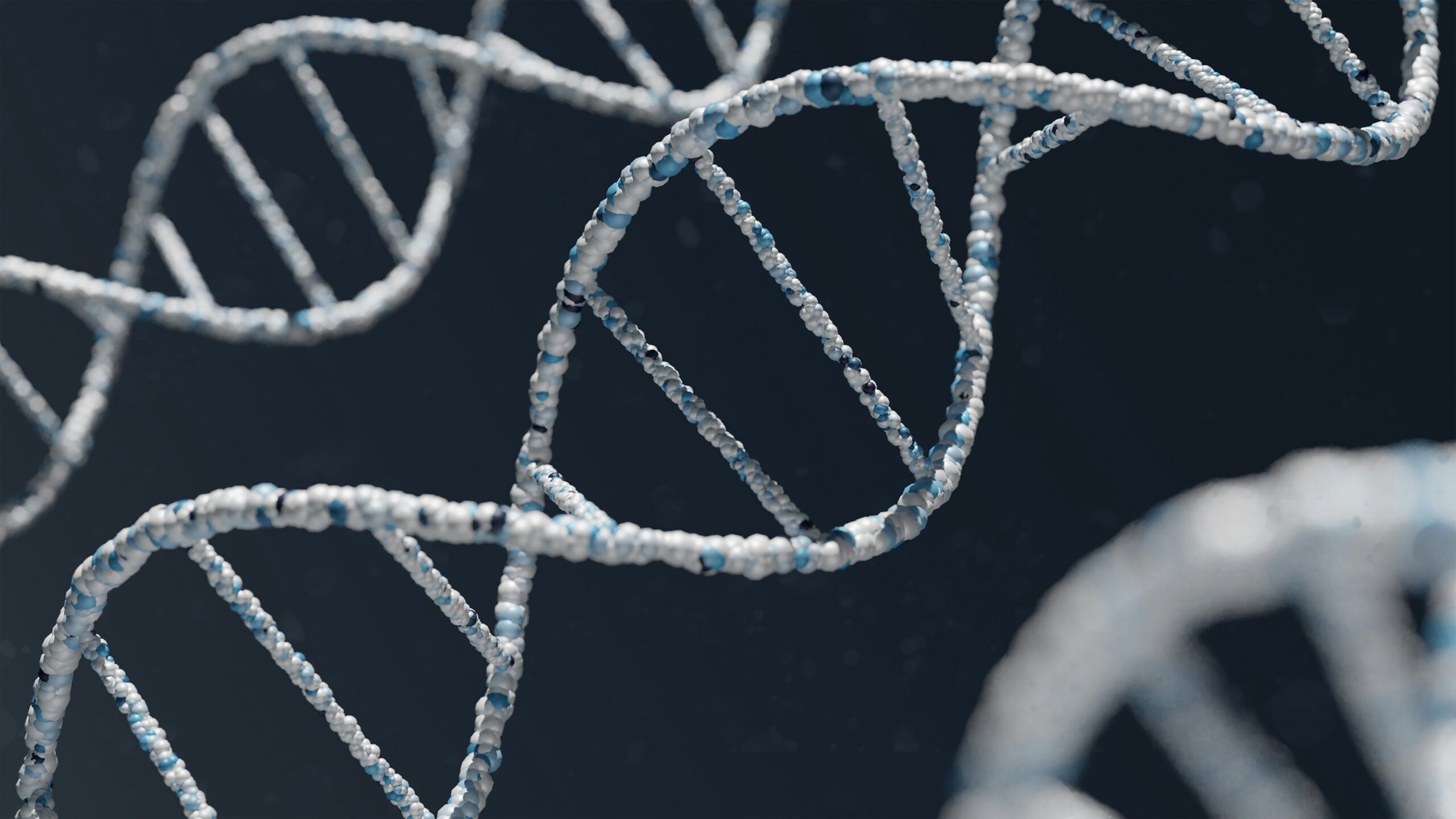
Zinc also exhibits anti-inflammatory properties. Zinc's protective role in the inflammatory process is essential for skin![]() . Zinc helps with skin inflammation by reducing irritation. Studies have shown that supplemental zinc intake in adults was associated with improved antioxidant capacity and lower levels of inflammatory markers. In contrast, zinc deficiencies may increase the risk of infection.
. Zinc helps with skin inflammation by reducing irritation. Studies have shown that supplemental zinc intake in adults was associated with improved antioxidant capacity and lower levels of inflammatory markers. In contrast, zinc deficiencies may increase the risk of infection.
Zinc is also involved in controlling cell death processes, influencing the proper formation of the brain and limbs. The element also helps reorganize the tissue system in response to many systems' environmental changes, regeneration, growth, and maturation. Infants![]() , among other things, need high doses of zinc for growth and development. Zinc deficiencies, on the other hand, can cause stunted growth.
, among other things, need high doses of zinc for growth and development. Zinc deficiencies, on the other hand, can cause stunted growth.
Zinc is an element that is particularly important for male fertility. Zinc has proven to have a beneficial effect on sperm![]() production and motility. Therefore, if a man wants to improve his body's reproductive condition, he should pay attention to adequate zinc levels. In addition to men, women also benefit from zinc regarding fertility. Zinc can reduce androgen levels and increase progesterone levels. Both of these factors help with fertility and egg maturation.
production and motility. Therefore, if a man wants to improve his body's reproductive condition, he should pay attention to adequate zinc levels. In addition to men, women also benefit from zinc regarding fertility. Zinc can reduce androgen levels and increase progesterone levels. Both of these factors help with fertility and egg maturation.
Many organs need zinc to function correctly and stably. These include the liver and kidneys, among others. In patients with liver disease, zinc supplementation has improved the organ's function. Zinc supplementation can also help to maintain normal kidney function by regulating urine pH levels. In addition to this, zinc is involved in regulating the pancreas, which affects the normal secretion of insulin![]() . Therefore, zinc deficiency affects many organ systems, causing complications.
. Therefore, zinc deficiency affects many organ systems, causing complications.
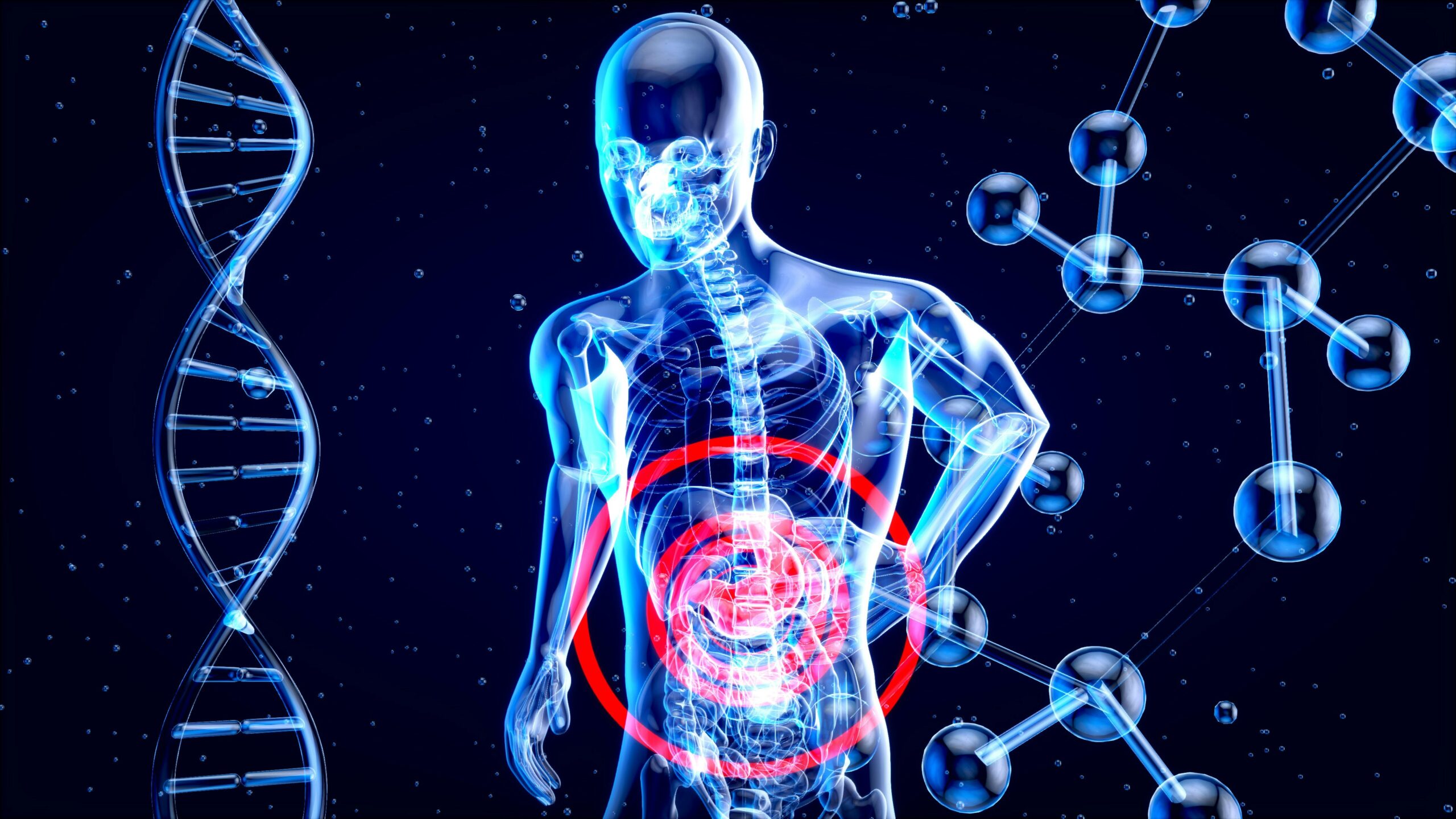
Zinc has a beneficial effect on the function of many systems, including the immune system. It conditions the proper functioning of the immune system and participates in the body's immune responses. Studies have noted that degenerative changes![]() associated with aging, including a decrease in immunity, may be partly caused by zinc deficiency. Zinc ions play an important role in the flow of information between cells of the immune system, so their role in protecting the body is important.
associated with aging, including a decrease in immunity, may be partly caused by zinc deficiency. Zinc ions play an important role in the flow of information between cells of the immune system, so their role in protecting the body is important.
Zinc contributes to regulating blood pressure and preventing varicose veins. The element stabilizes the function of the circulatory system. Zinc deficiency can lead to various signs, including impaired cardiovascular function. Many studies have shown a beneficial effect of zinc on health, reducing the risk of cardiovascular disease in type 2 diabetes![]() , and many studies have shown a link between zinc and type 2 diabetes and cardiovascular disease in humans.
, and many studies have shown a link between zinc and type 2 diabetes and cardiovascular disease in humans.
The central nervous system is another area that benefits from zinc intake. The researchers noted that zinc can enhance neurons' DNA/RNA polymerase activity. In addition, the element probably affects the protection of cell membranes against oxidative stress and inflammation. Other mechanisms associated with zinc include the regulation of neurotransmitter activity and mimicking the effects of antidepressants![]() . Zinc may be related to the improvement of mood-related disorders, and according to analyses, the presence of zinc in the diet may reduce the incidence of depression.
. Zinc may be related to the improvement of mood-related disorders, and according to analyses, the presence of zinc in the diet may reduce the incidence of depression.
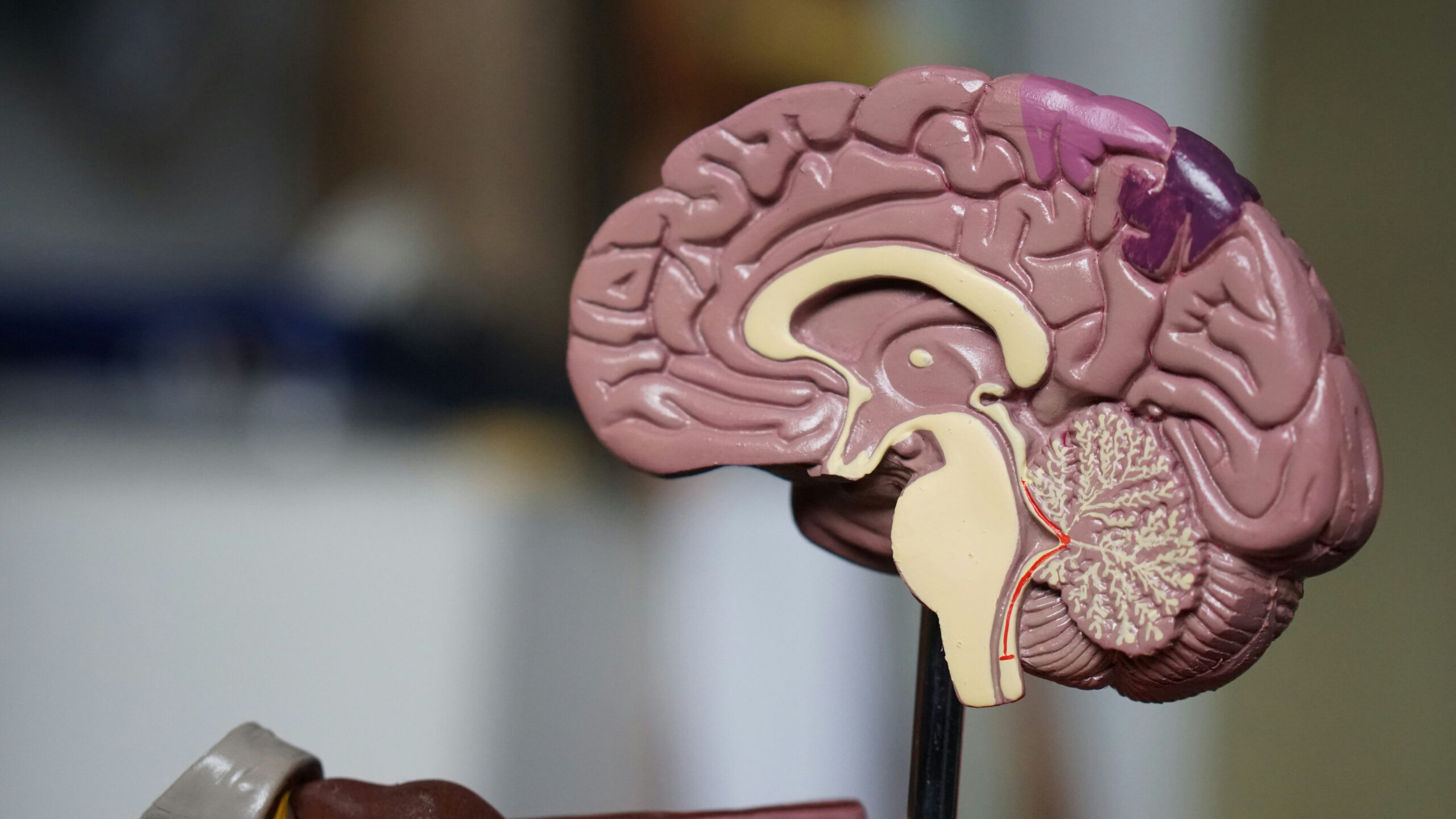
Inadequate zinc intake depends on the population; zinc deficiencies are a serious public health problem in some countries. Risk factors can also cause zinc absorption problems, leading to deficiencies. Regardless of the cause of the deficiency, an insufficient supply of zinc produces similar symptoms. Symptoms of zinc deficiency include:
Hypogonadism is a condition in which the patient has a reduced secretion of sex hormones. Decreased hormone production may directly result from impaired function and abnormalities in the reproductive system itself. Zinc influences hormone function; therefore, a deficiency can lead to abnormalities. Characteristic symptoms of hypogonadism in men are mainly reduced libido, erectile problems, and reduced body hair. Zinc deficiency can also result in oligospermia![]() , i.e., reduced sperm count in the semen. In women, symptoms of the disease may include the absence of menstruation, vaginal dryness, and reduced libido.
, i.e., reduced sperm count in the semen. In women, symptoms of the disease may include the absence of menstruation, vaginal dryness, and reduced libido.
Zinc affects the nervous system, so deficiencies of the element can cause various mental symptoms. Zinc deficiency increases susceptibility to depression, and emotional instability results in easy transitions to extreme emotional states. In addition, symptoms of impaired stimuli, such as smell, taste, and photophobia, may occur. Concentration disorders are also observed. A deficiency of the element can affect cognitive function, leading to memory problems and a reduced ability to solve problems and make decisions.

Zinc deficiency weakens the immune system, which makes patients more susceptible to infections![]() . Dysfunction of the immune system predisposes individuals to complications and recurrence of infections. Zinc deficiency leading to a weakened immune system can cause the development of mucositis and frequent infections in general.
. Dysfunction of the immune system predisposes individuals to complications and recurrence of infections. Zinc deficiency leading to a weakened immune system can cause the development of mucositis and frequent infections in general.
Zinc deficiency can also cause gastrointestinal symptoms. Zinc affects the sealing of the gastrointestinal epithelium and strengthens the protective barrier, which can play a significant therapeutic role in gastrointestinal diseases. In contrast, this protection is reduced in the case of deficiency. Deficiency of the element can also cause a lack of appetite.
Zinc also influences the condition of the skin and hair so that deficiencies may cause several skin-related symptoms. An inadequate supply of the element can result in skin lesions![]() of an eczematous, scaly, vesicular, or pustular nature. A lack of zinc also causes abnormal and delayed wound healing, as well as the appearance of herpes or stretch marks on the skin. Zinc deficiencies can cause hair problems like hair loss or nail disease.
of an eczematous, scaly, vesicular, or pustular nature. A lack of zinc also causes abnormal and delayed wound healing, as well as the appearance of herpes or stretch marks on the skin. Zinc deficiencies can cause hair problems like hair loss or nail disease.

Various studies have observed that zinc supplementation reduces the risk of many diseases and infections. Zinc can also be taken in with food by following a balanced diet. Ensuring adequate levels of zinc is worthwhile to avoid the effects of deficiency. High-risk groups, in particular, should consider increasing their zinc intake. The recommended daily intake of zinc is:
The zinc requirement during pregnancy is slightly higher than for non-pregnant women. Higher doses of zinc are also recommended for lactating women. The deficiency in pregnancy increases the risk of complications, such as pre-eclampsia. It is also worth noting that seniors may need higher amounts of zinc. There is some evidence that the element's absorption efficiency may decrease with age.
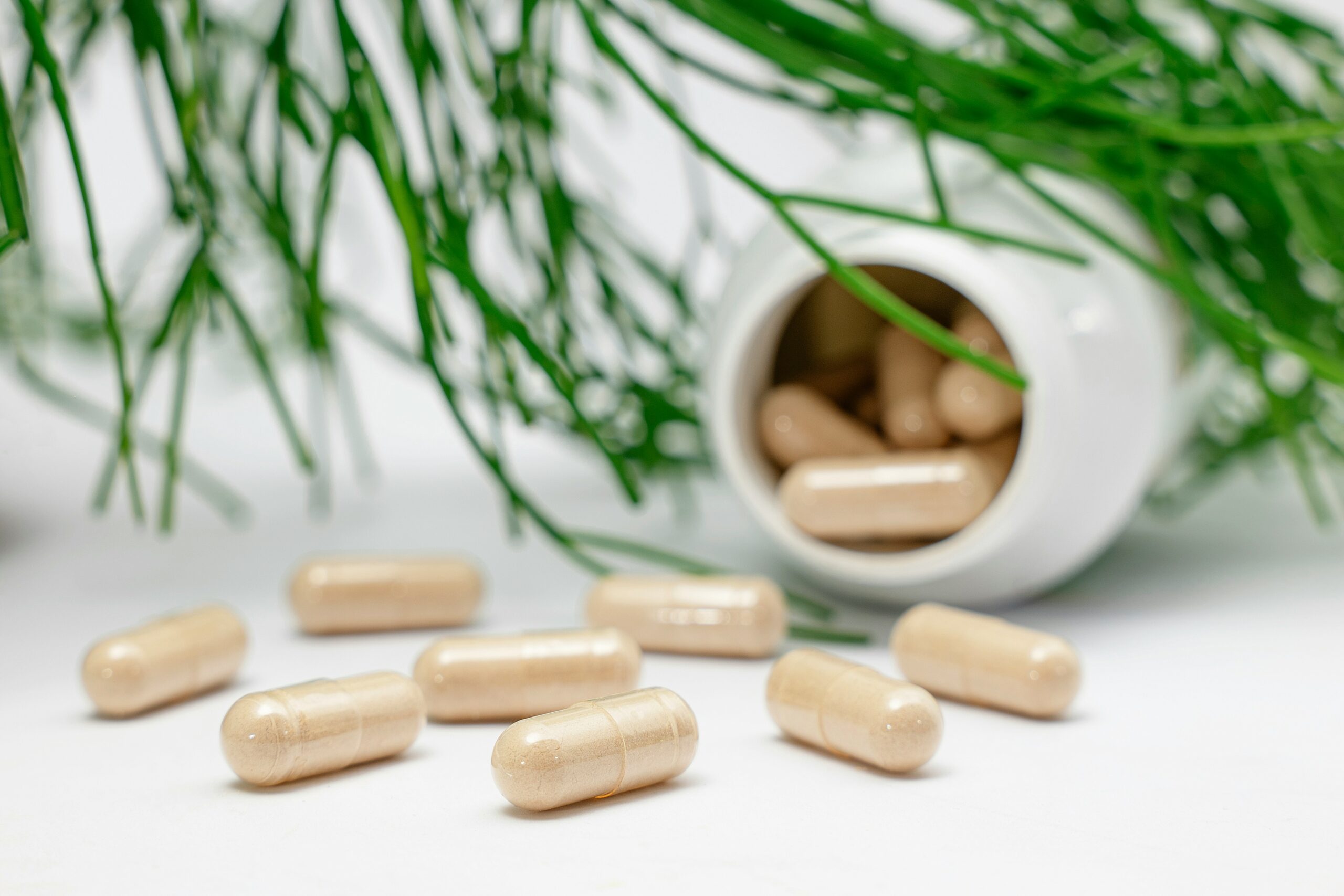
Higher doses of zinc are administered to treat deficiencies, which the doctor adjusts. In such cases, 20 to 40 mg daily![]() doses in adults can cure all deficiency symptoms within one to two weeks. In patients with malabsorption disease, oral zinc supply is the standard of therapy for life. With higher doses of zinc, side effects may occur, primarily gastrointestinal symptoms such as nausea and diarrhea. Higher doses may also impair the absorption of other elements, such as copper and iron. In such cases, excess zinc potentially leads to genitourinary problems.
doses in adults can cure all deficiency symptoms within one to two weeks. In patients with malabsorption disease, oral zinc supply is the standard of therapy for life. With higher doses of zinc, side effects may occur, primarily gastrointestinal symptoms such as nausea and diarrhea. Higher doses may also impair the absorption of other elements, such as copper and iron. In such cases, excess zinc potentially leads to genitourinary problems.
Zinc can be supplemented in various forms. Before starting supplementation, it is advisable to consult your doctor and carry out tests. Zinc supplementation should be monitored, and serum zinc levels should be checked after 3-6 months. If zinc therapy is required at higher doses, then toxicity should be closely monitored.
However, healthy people who wish to take adequate zinc can also do so through diet. Zinc is present in many different foods. Large doses of zinc can be found in foods such as:

Zinc-rich products primarily consist of various meats and animal products. The highest amounts of zinc element are found in
red meat![]() and liver. It is also worth eating fish to increase the amount of zinc in the diet. Valuable amounts of zinc can also be found in eggs. People on a vegan diet also can use plant-based sources of zinc.
and liver. It is also worth eating fish to increase the amount of zinc in the diet. Valuable amounts of zinc can also be found in eggs. People on a vegan diet also can use plant-based sources of zinc.
Dairy is another product group rich in zinc. Milk and cheese are also essential sources of this element in the diet. Dairy foods have more easily absorbed zinc than eggs, poultry, or fish. Milk and dairy products can, therefore, are consumed, but with an interval of at least one hour, as the calcium in milk can impairs zinc absorption.
Cereals and other plant products are important options for vegans' zinc intake. Including zinc sources in the diet, such as pumpkin seeds, sesame seeds, cashew nuts, walnuts, whole-grain cereal products, and legumes, can help maintain proper levels of this important micronutrient in the body. Products high in zinc include buckwheat groats.
Zinc is an essential element responsible for, among other things, the activation of enzymes and the function of many organs. The need for zinc depends on many factors, such as lifestyle; women, men, and children need different amounts. Among other things, pregnant women require a higher supply of zinc, as a lack of sufficient supply of this element in the diet of a pregnant woman can influence the occurrence of serious complications.
Zinc deficiencies vary from population to population. In healthy individuals, deficiencies are possible with an inadequate diet or other factors that expose too little zinc. Zinc deficiency can cause various symptoms. An excess can also be harmful, most often due to improper supplementation. Zinc is a micronutrient that is widely distributed in food and can be found in a wide variety of products.